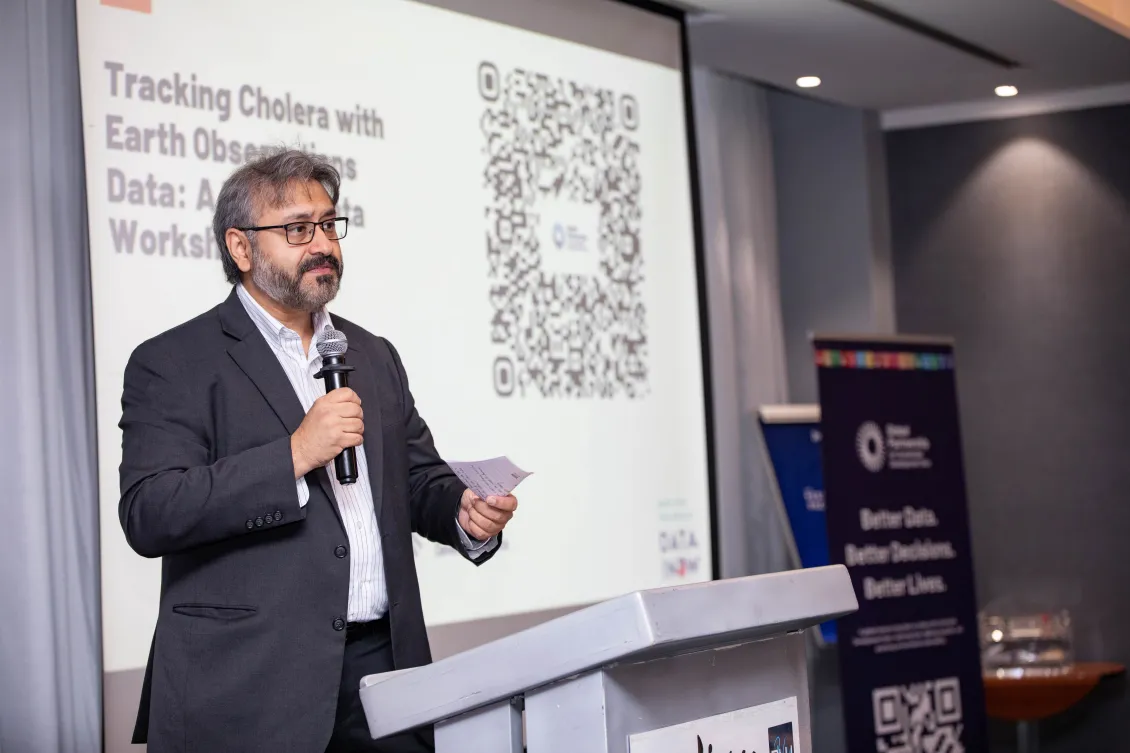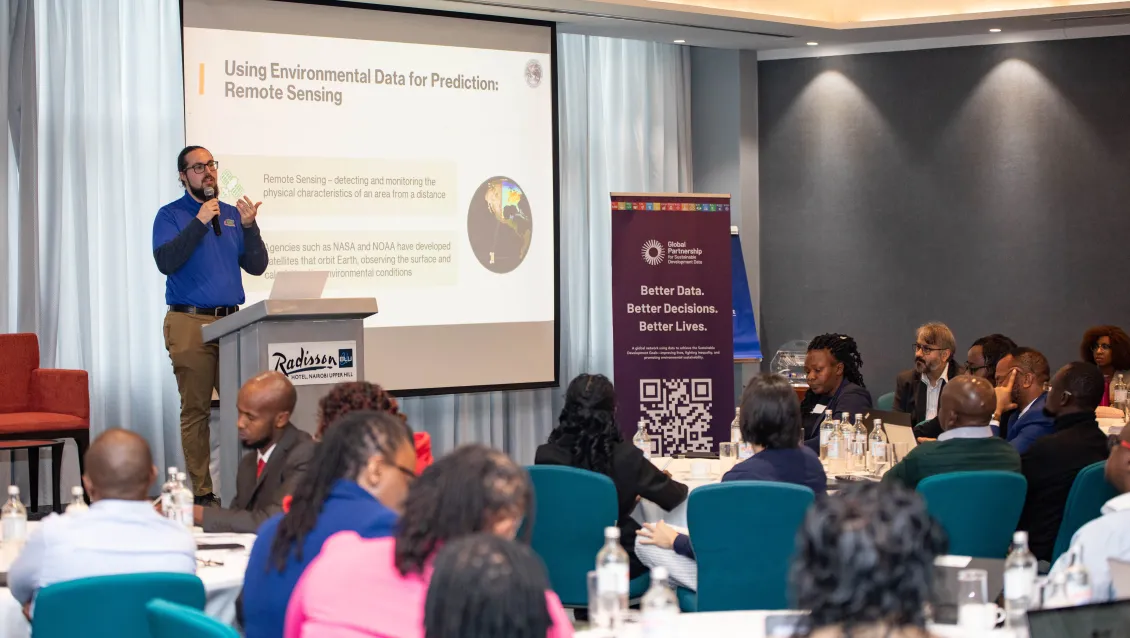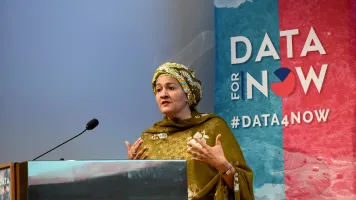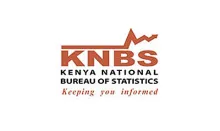Cholera outbreaks continue to threaten public health, particularly in regions with limited access to clean water and sanitation. However, data-driven solutions are transforming how we predict and respond to outbreaks.
At the Cholera Dashboard Workshop in August, hosted in Nairobi by the Global Partnership for Sustainable Development Data through its CAN initiative, the Kenya National Bureau of Statistics (KNBS), and the University of Florida, key stakeholders explored how real-time data, predictive analytics, and Earth observation technology can strengthen cholera preparedness and response strategies.

A central focus of the workshop was the Cholera Dashboard, developed by the University of Florida, which uses NASA satellite data and machine learning models to provide a four-week early warning for cholera outbreaks. This empowers governments and health agencies to take timely, data-informed action, reducing the impact of outbreaks.
The workshop brought together government agencies, civil society, and private sector partners to build capacity and enhance data-driven decision-making. Participants engaged in hands-on demonstrations of the dashboard and explored best practices for cholera surveillance and response coordination.

While piloted in Kenya, the Cholera Dashboard has the potential to scale across East Africa, helping more countries move from crisis response to proactive prevention. Watch out for upcoming initiatives in climate and health by the Global Partnership and its partners.


